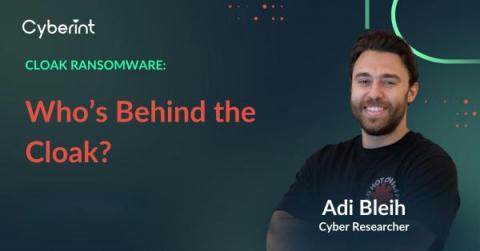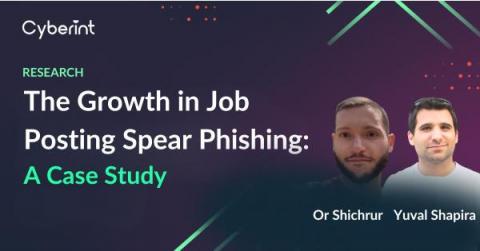Behind the Mask of Anonymous Sudan: An Analysis
Anonymous Sudan is a rapidly expanding and influential group of hacktivists that identify themselves as Sudanese, motivated by both religious and political beliefs. Since January 2023, they have been carrying out distributed denial-of-service (DoS) attacks, allegedly motivated by defending Islam against Western nations. These attacks have disrupted critical infrastructure and various global sectors, including finance and healthcare.











